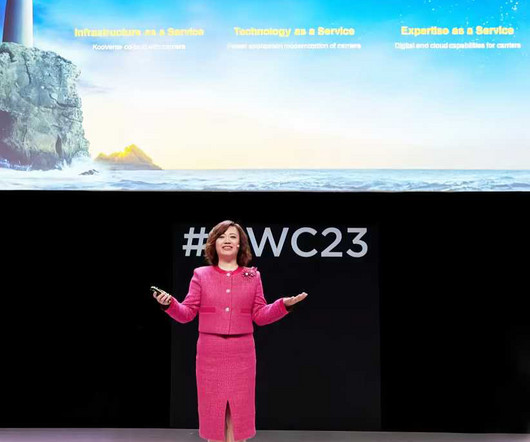Accelerating generative AI requires the right storage
CIO Business Intelligence
AUGUST 9, 2023
The World Economic Forum estimates 75% of companies will adopt AI by 2027. In generative AI, data is the fuel, storage is the fuel tank and compute is the engine. All this data means that organizations adopting generative AI face a potential, last-mile bottleneck, and that is storage. trillion per year to the global economy.














Let's personalize your content